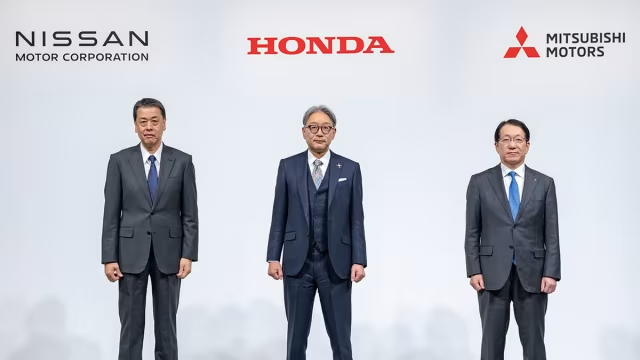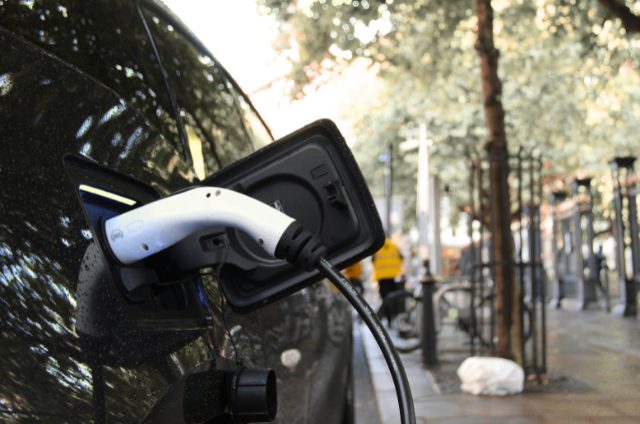Honda and Nissan have entered discussions to merge into a powerhouse that could redefine the automotive industry. If successful, the merger would result in a combined revenue of 30 trillion yen ($191.4 billion USD) and an operating profit exceeding 3 trillion yen ($19.1 billion USD), according to Honda CEO Toshihiro Mibe. The integration aims to address challenges in developing electric vehicles and intelligent driving systems.
Strengthening Resources for EV Dominance
Honda and Nissan plan to share resources, foster economies of scale, and create technological synergies. The companies envision forming a holding entity that will oversee both brands, with Honda poised to appoint the majority of board members. However, both brands will retain their unique identities.
The merger would position the new entity as the third-largest automaker globally, surpassing South Korea’s Hyundai but remaining behind Toyota and Volkswagen.
Timeline and Strategic Decisions
The discussions are set to conclude by June 2025, with potential implementation visible by 2030. Mitsubishi, a long-term strategic partner of Nissan, has been invited to join the alliance. Mitsubishi is expected to announce its decision by January 2025.
Addressing Market Challenges and Nissan’s Struggles
Nissan’s financial troubles and its ongoing restructuring have been focal points. Recent layoffs and reductions in production capacity underscore the company’s need for revitalization. Honda CEO Mibe emphasized that the merger hinges on Nissan’s successful turnaround.
Nissan CEO Makoto Uchida assured stakeholders that the integration is not an admission of failure but a strategy to ensure competitiveness in a rapidly evolving market.
Competitive Landscape in the EV Era
The automotive industry faces fierce competition, particularly in EV innovation, with companies like Tesla and BYD dominating. Legacy automakers are under pressure to consolidate as they transition to electric powertrains.
Future on Wheels
While the merger may appear to address Nissan’s struggles, experts argue it is also a long-term strategy for Honda to maintain competitiveness in a consolidating market. The deal represents a pivotal moment in the shift toward electrification and smart driving technologies.
Stay tuned for updates as this potential game-changer develops.



